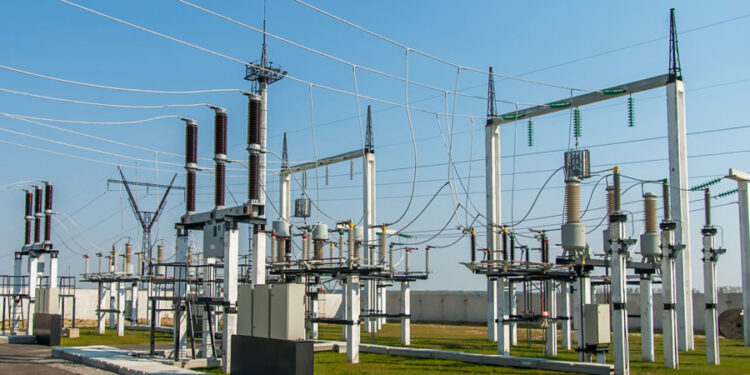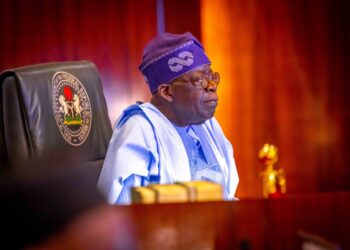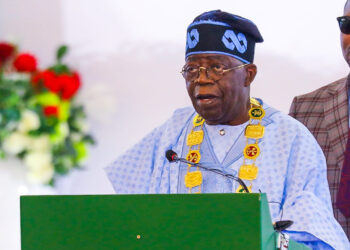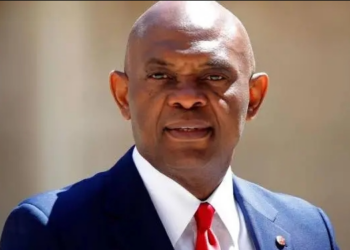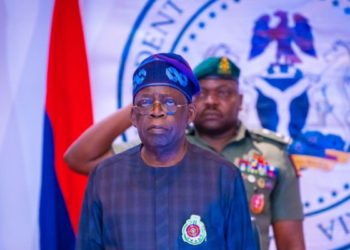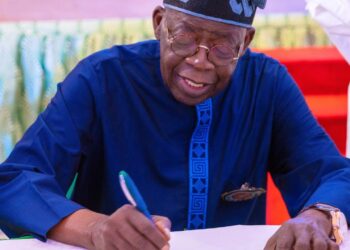- President Bola Ahmed Tinubu signed the 2023 Electricity Act into law, but its immediate impact on the average Nigerian in terms of increased electricity access will be limited.
- The law brings improved regulation to the electricity sector and removes barriers to effective management of the electricity value chain, particularly in state electricity market systems.
- The Nigerian Electricity Regulatory Commission (NERC) has gained enhanced authority to address post-privatization issues, but the full benefits of the law will only be realized when all states establish their own electricity laws.
President Bola Ahmed Tinubu has officially signed the 2023 Electricity Act into law, marking a significant milestone in Nigeria’s electricity sector.
While the immediate impact on the average Nigerian in terms of increased electricity access may be limited, the new law focuses on enhancing the regulation and management of the electricity value chain. One of its key provisions includes the removal of obstacles that hinder the efficient operation of state electricity market systems.
This move is expected to pave the way for improved governance and better overall performance in Nigeria’s electricity industry.
The Nigerian Electricity Regulatory Commission (NERC) has been empowered to address post-privatization issues more effectively than before. However, the positive impact of this law will only be felt when all the states in the federation establish their own electricity laws.
In an interview with Nairametrics, Odion Omonfoman, the Chief Executive Officer of New Hampshire Capital Limited, outlined a three-step process that Nigeria is undertaking to revolutionize its electricity sector.
The first step, initiated under the administration of former President Buhari, involved a constitutional amendment to grant states the authority to generate, distribute, and transmit electricity.
The second step was recently completed by President Tinubu, who signed the Electricity Act into law, marking a significant milestone in the sector’s transformation. This act aims to improve the regulation and management of the electricity value chain, with a particular focus on state electricity market systems.
The third step will be pivotal, as it requires all states across the country to establish their own electricity laws to govern the sector effectively. This development is expected to bring about further enhancements in governance, efficiency, and overall performance within Nigeria’s electricity industry.
And until states begin developing their own electricity laws, the distribution and power generation companies will continue to operate uniformly across all states. To ensure greater access to electricity for all Nigerians, it is crucial for states to start working on their individual electricity laws.
86 million Nigerians are currently without electricity access
According to a report released in June 2023 by the International Energy Agency (IEA) and other organizations, it was revealed that as of 2021, 86 million Nigerians lack access to electricity. The report further highlighted that the sub-Saharan African region is home to 80% of the population without electricity access.
The report also pointed out that Nigeria and other sub-Saharan African countries face various challenges, including limited financing, insufficient risk mitigation resources, financially unsustainable utilities, and the absence of local financial institutions with expertise in access-related matters. These factors collectively undermine the feasibility of electricity access projects.
2023 Electricity Act could change this scenario
However, if the 2023 Electricity Act is effectively implemented and states take the initiative to develop and enforce their own electricity laws, it has the potential to positively impact the 86 million Nigerians currently without electricity access.
It is worth noting that Lagos, Edo, Ondo, and Kaduna states have already implemented or are in the process of developing their own electricity laws. By having their own electricity laws and implementing policies accordingly, states can enhance service delivery and promote competition within the electricity market.
This competition, fueled by increased investments, will provide customers with choices between remaining connected to the national grid or opting for a state-licensed grid operator. The full implementation of the Act, coupled with states developing their own laws, is expected to lead to improved electricity access for Nigerians.
This progress will be facilitated by the surge in electricity investments within states.

